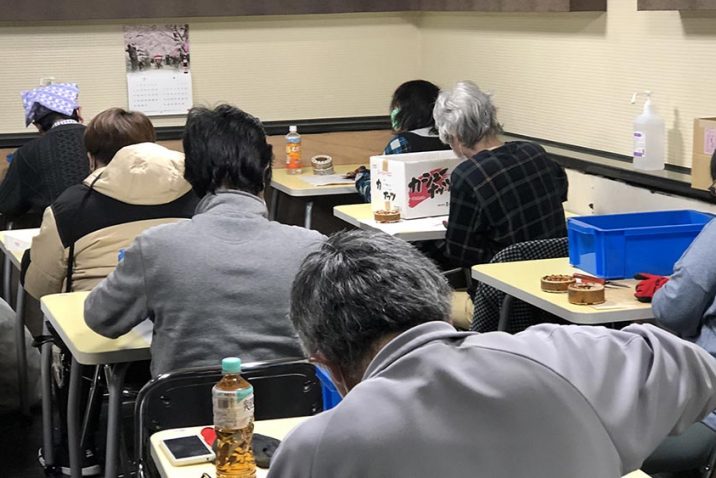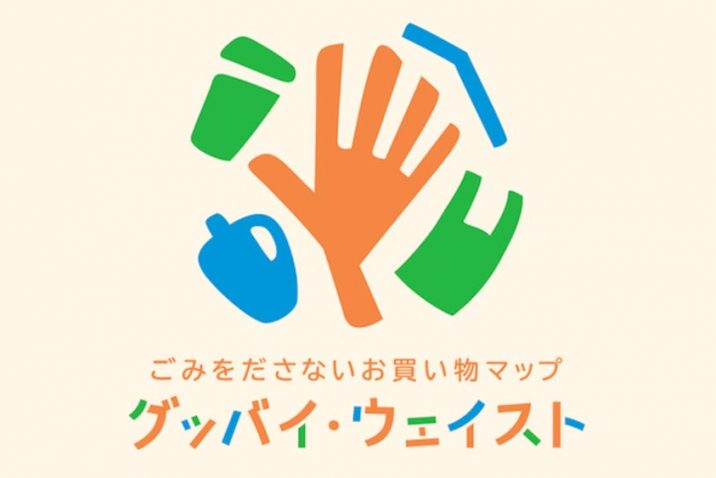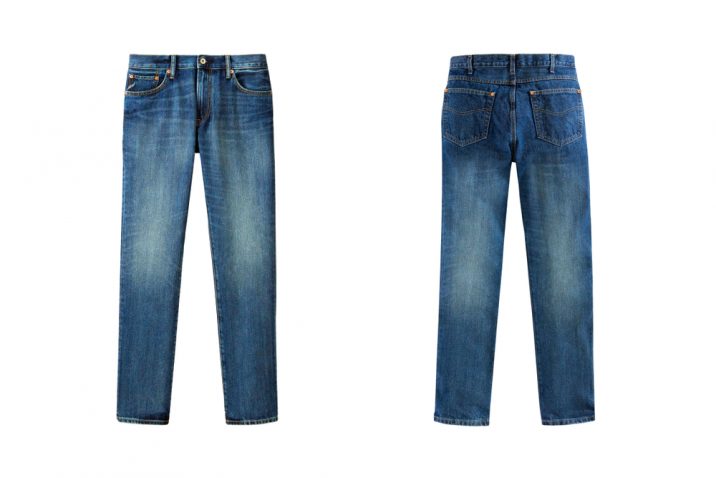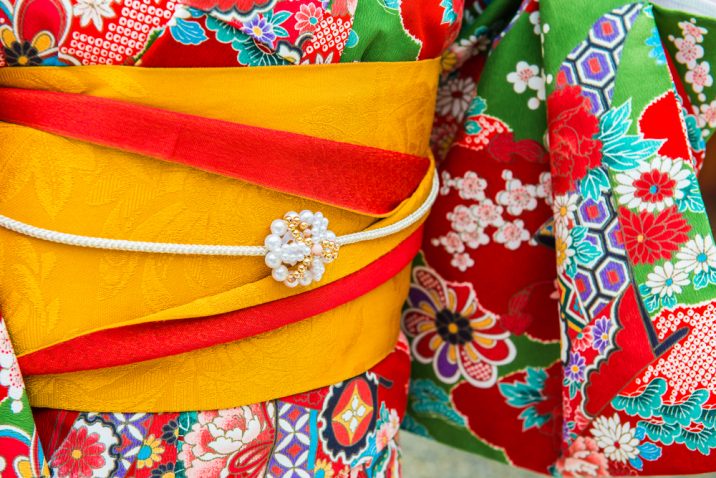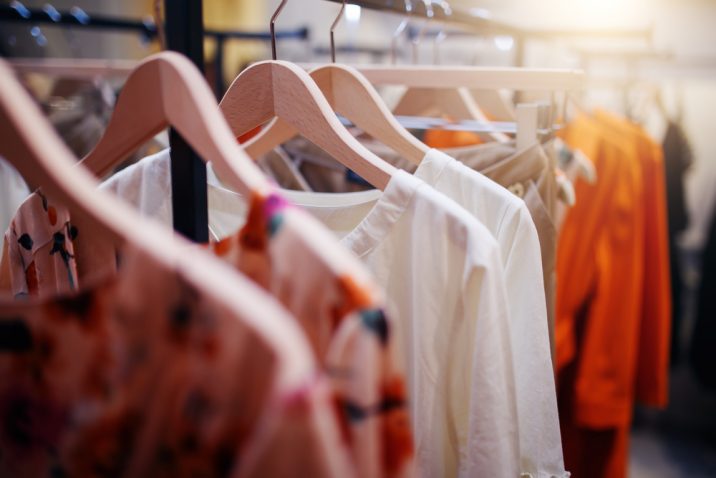Giving back by companies can involve allocating part of their profits to community involvement and environmental efforts. In fact, many conscious companies conduct such initiatives throughout the year. This means that as a customer, with every...
Young people all over the world face challenges regarding their life and employment. The job market is increasingly competitive, with more unstable work and a decreasing supply of career-track jobs. This is especially true for Japanese young people...
The Link Up Waste Project is an upcycling project developed by painting & wall covering contractor, Kawakami Tosokogyo. Launched in May this year, the project tackles issues such as textile waste and unemployment. It also allows the company to...
In Japan, various dye techniques developed during the Edo period, such as kusaki-zome, a natural dyeing technique that draws colors from plants, flowers and fruit. Back then, natural pigments were used for textile dyeing, which was eco-friendly and...
“How can SMEs be sustainable?” There is no better time for Japan to ask this question. More than 80% of registered businesses in Japan are SMEs. With the COVID-19 crisis impacting the nation, vulnerabilities in systems are exposed and...
Last Friday, Greenpeace Japan released a new service online, “Goodbye Waste,” a map where users can find stores so they can practice zero waste! In a survey conducted last October, Greenpeace Japan found out that 80% of the...
Denim is a fashion staple that many people keep in their closets; however, it’s also one of the most resource-intensive garments. Japanese fashion retailer UNIQLO launched the sustainable denim project BlueCycle Jeans to overcome this issue...
Kimonos are typically made from silk, one of the most durable natural fibers. With their beautiful patterns and luxurious style, kimonos can be upcycled into many fashion items. For example, Kyoto-based retailer Relier81 makes women’s shoes...
Rename is a Japanese brand that is motivated to reduce excess inventory in the apparel industry. In Japan, 94,000 tons of unsold clothing are discarded each year. One of the reasons for this inventory waste is that fashion brands can’t sell...
Cooking meals that are better for your health and the environment is an excellent goal. However, for some people, the most difficult part is getting started. Both Japanese and foreign residents might not have the time or cooking knowledge to start...




